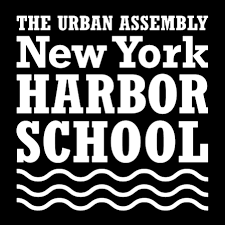Crispus Attucks
Born in 1723 to a Wampanoag mother and African father in Massachusetts, Attucks was enslaved the majority of his life. As a slave, he was renowned for his skill in buying and selling cattle, but managed to escape in 1750. At this time, Deacon William Brown of Framingham put an advertisement in the Boston Gazette, offering a reward for the return of his 27 year old runaway slave by the name of “Crispas”. Knowing he was being pursued, Attucks went by the name “Michael Johnson”, and escaped to a life at sea. Attucks spent 20 years on whaling ships, as whaling was one of the only jobs available to Black and Native Americans in Colonial America.
In the mid 1700’s, whale populations in the North Atlantic were declining. In order to find whales, ships often journeyed as far as Cape Horn, spending up to 5 years at a time offshore. Storms, illness, falling overboard, and the threat of losing limbs or extremities to machinery were constantly present. If this wasn’t bad enough, workers were paid for their share of the catch, meaning whalemen could return home after years offshore and be paid next to nothing for their work. Knowing the relentless cruelty of life as a whaleman, Crispus Attucks’ ability to endure two decades in the industry is a testament to his bravery.
When he wasn’t offshore whaling, Attucks sailed; traveling to North Carolina and his property in The Bahamas. Upon returning to Boston from a voyage in 1770, he found himself in a hotbed of violence between colonists and British soldiers. On March 5th, Attucks was shot in the Boston Massacre, when he was accused of throwing a slab of wood at a soldier. He was the first to die in the American Revolution, and has been renowned as a martyr ever since.
While ships symbolized oppression for many African Americans, they were a safe haven for Crispus Attucks. On the open seas, Attucks found refuge from the bondage of slavery taking place in Massachusetts. Despite some confusion about several major changes made (sailing is almost entirely a recreational activity today, and commercial whaling no longer takes place in the United States), Crispus Attucks would be glad to see the progress made over the last 250 years. Today, the Maritime Industry still thrives, and continues to provide endless opportunities to people of all backgrounds.
By Mickey Siegel
